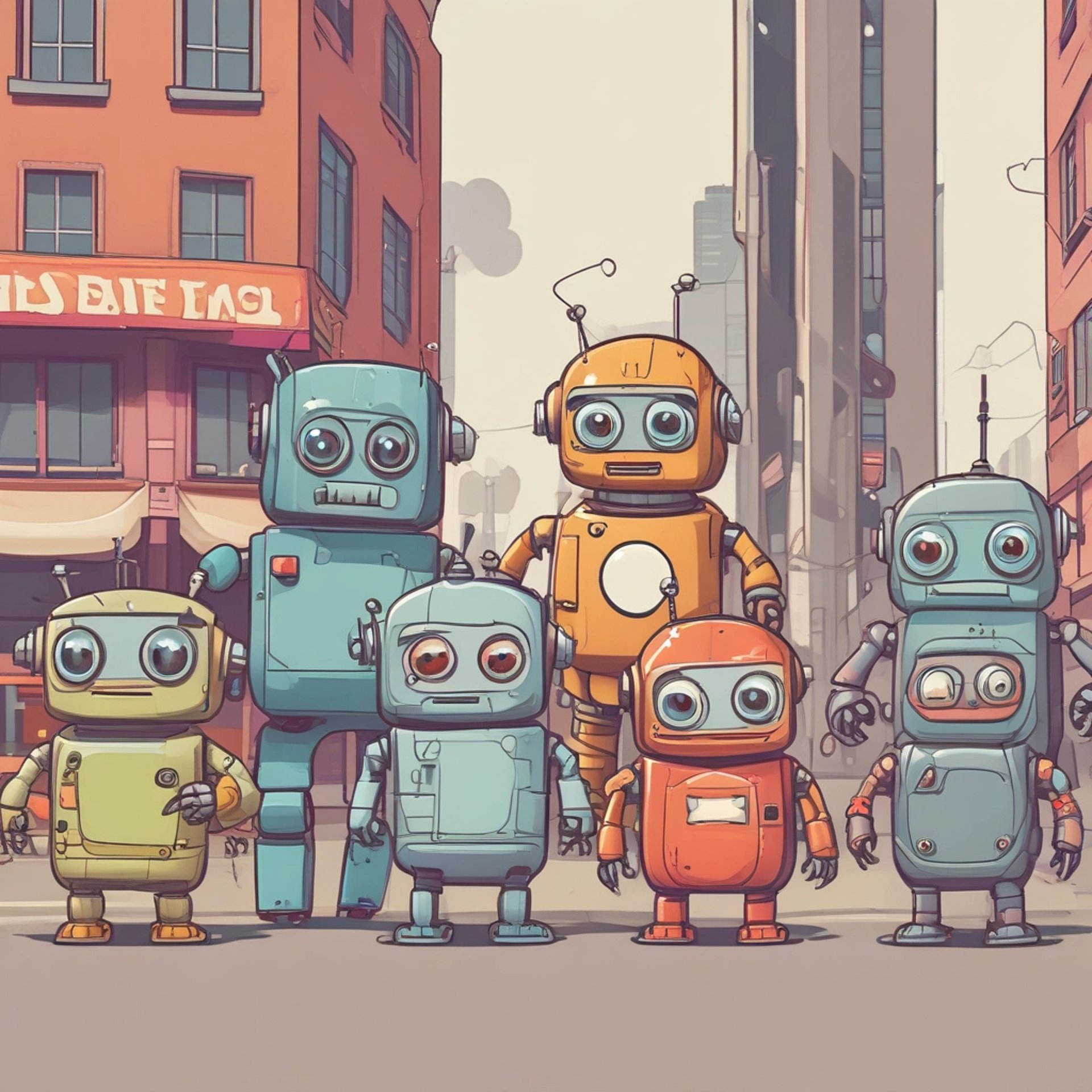How culture shapes how we think and talk about our emotions.
Interesting research by Katie Hoemann and Batja Mesquita in a recent publication.
Arvid Kappas
3/4/20241 min read


In some applied contexts, for example in social robotics, emotions are seen as basically universal processes and culture is sort of an overlaid process that might change how intensely a certain emotion might be shown. However, there is reason to believe the cultural differences work in a different way, for example in making sense of subjective experience of bodily sensations, in creating meaning, and in thinking about emotion. Interesting research by Katie Hoemann and Batja Mesquita is a good entry point to relevant research. Here is a brief report in Behavioral Scientist, that also links to the original study.
In my mind we have to adapt the way that machines respond to human emotions, or portray emotions to a more dynamic model that understands the complex social and cultural facets of emotions - they not only are shaped by these, but they, in turn, shape the environment that they occur in.

